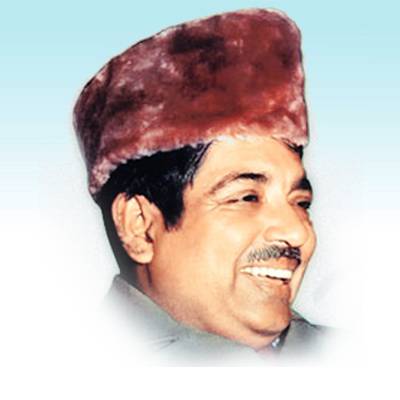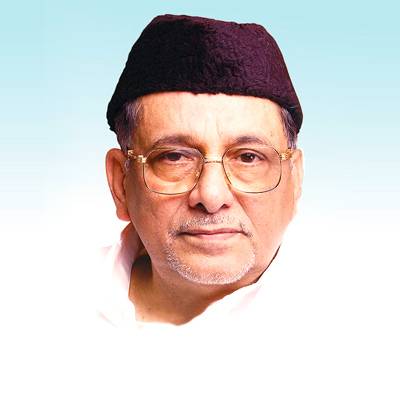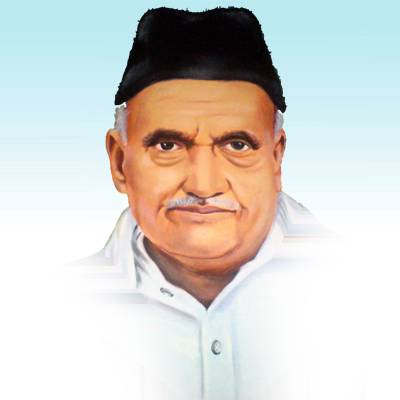C.H. Mohammed Koya who adorned the chair of Chief Minister, Deputy Chief Minister, Speaker and Minister was one of the most outstanding personalities in the history of modern Kerala. His was a clear case of “From the Log House to the White House”, as is often said of the late Abraham Lincoln.
On graduating to the Muslim League he was elected its state secretary and became a member of the Kerala State Assembly in 1957. Since then he has continuously been either a member of parliament or state legislator during the last 22 years. He has held education and home portfolios in previous ministries and was briefly speaker of state legislature in the early sixties.
MileStones
- Chief Minister of Kerala
- October 12 to December 1, 1979
- October 12 to December 1, 1979
- Deputy Chief Minister of Kerala
- December 28, 1981 - March 17, 1982 (2nd Karunakaran Ministry)
- May 24, 1982 - September 28, 1983 (3rd Karunakaran Ministry)
- Speaker, 2nd Kerala Legislative Assembly
- 09-06-1961 to 10-11-1961 (Pattom Ministry)
- 09-06-1961 to 10-11-1961 (Pattom Ministry)
- Minister for Education
- 06-03-1967 to 21-10-1969 (2nd E. M. S. Ministry)
- 06-03-1967 to 21-10-1969 (2nd E. M. S. Ministry)
- Minister for Education and Home
- 01-11-1969 to 01-08-1970 (1st Achutha Menon Ministry)
- 04-10-1970 to 01-03-1973 (2nd Achutha Menon Ministry)
- Minister for Education
- 27-04-1977 to 20-12-1977 (1st Antony Ministry)
- 04-10-1978 to 27-10-1978 (1st Antony Ministry)
- 29-10-1978 to 07-10-1979 (P. K. V. Ministry)
- Minister for Finance and Education
- 25-03-1977 to 25-04-1977 (1st Karunakaran Ministry)
- 25-03-1977 to 25-04-1977 (1st Karunakaran Ministry)
- Member of Kerala Legislative Assembly
- 1st Assembly (1957–59) - Tanur
- 2nd Assembly (1960–64) - Tanur (resigned on 06 March 1962)
- 3rd Assembly (1967–70) - Mankada
- 4th Assembly (1970–77) - Kondotti (resigned on 05 February 1973)
- 5th Assembly (1977–79) - Malappuram
- 6th Assembly (1980–82) - Manjeri
- 7th Assembly (1982–87) - Manjeri
Kerala Council of Ministers, 1979, with C. H. Mohammad Koya
Legacy
C. H. was known as a "fiery and eloquent orator" and was described by scholar R. E. Miller as "grassroots star of the Mappila community" and the "ranking hero of Muslim youth" in Kerala
- C. H. championed the progress of the Mappila community in secular education, but also advocated higher standards in the "Arabic Colleges"
- During C. H.'s tenure, the University of Calicut was established (in northern Kerala)
- C. H. acted a "bridge-builder" among various social and religious groups of Kerala
- C. H. is remembered for his "spirited" reply to Jawaharlal Nehru, the Prime Minister of India (when the latter publicly criticized Indian Union Muslim League in 1955)
- In the midst of a tight schedule as an administrator C.H took time off to indulge in his literary aspirations and is the author of no less than eight delightful volumes.
A man of great affability and personal charm, CH had played many roles and, in every role, he gave a stellar performance.



